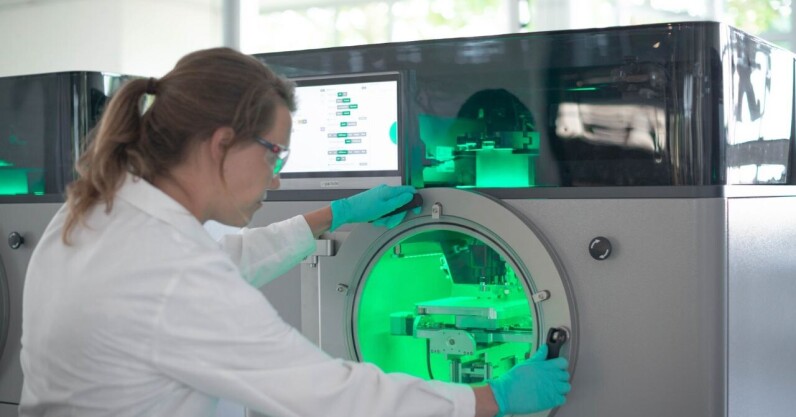

For the past few months, Meta has been sending recipes to a Dutch scaleup called VSParticle (VSP). These are not food recipes — they’re AI-generated instructions for how to make new nanoporous materials that could potentially supercharge the green transition. VSP has so far taken 525 of these recipes and synthesised them into nanomaterials called electrocatalysts. Meta’s algorithms predicted these electrocatalysts would be ideal for breaking down CO2 into useful products like methane or ethanol. VSP brought the machine’s predictions to life using a nanoprinter, a machine which vaporises materials and then deposits them as thin nanoporous films. Electrocatalysts speed up…
This story continues at The Next Web
Originally appeared here:
Nanoprinter turns Meta’s AI predictions into potentially game-changing materials